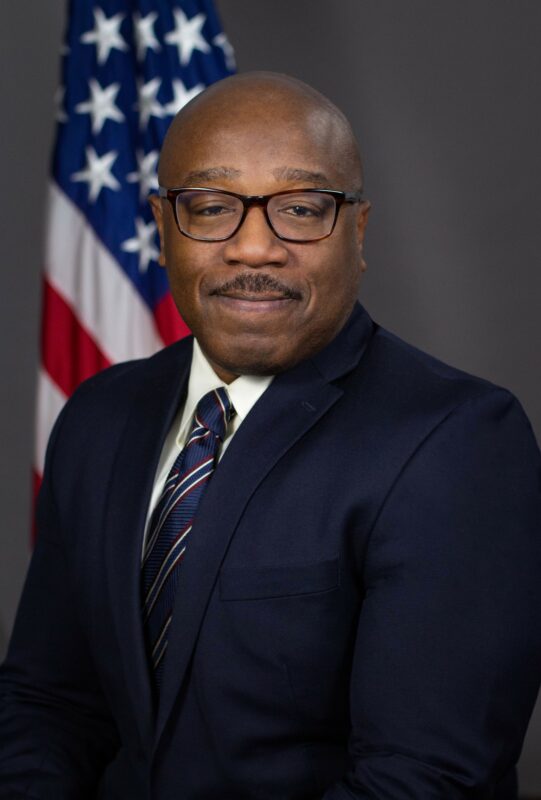
The finalists for WashingtonExec’s Chief Officer Awards were announced March 25, and we’ll be highlighting some of them until the event takes place live, in-person May 11 at the The Ritz-Carlton in McLean, Virginia.
Next is Chief Information Security Officer (Government) finalist La Monte Yarborough, CISO and executive director of the Office of Information Security at the Department of Health and Human Services. Here, he talks primary focus areas going forward, shaping the next generation of government leaders, learning from failures and more.
What are your primary focus areas going forward, and why are those so important to the future of the nation?
Our focus area at HHS is to continue evaluating our cyber threats and consider the deployment of available technologies approaches, standards and best practices to mitigate the risk profile for our department.
We will continue improving our information security processes internally so that our systems and networks are protected from such attacks while working across the health care and public health sector of the nation to ensure everyone in the sector is aware of emerging threats, as well as the ways in which they can also fortify their defensive postures through our HHS 405(d) Program.
Lastly, HHS is in the process of fully defining and finalizing its zero trust strategy, consistent with the requirements of the White House executive order and the recently released OMB memorandum. Working on this last initiative is a good example of how federal industry leaders and peers will share ideas on how to create best practices for this implementation.
How do you help shape the next generation of government leaders/industry leaders?
Probably by having a clear understanding of where I’m at this stage in my career and having a willingness (which I do) to mentor or offer counsel to those who may seek to follow my path. Promoting positive leadership behaviors is also important, so I always make it a point to lead by example.
I’m always humbled by the occasion of those who have reached out to me because they saw me at some professional setting somewhere and admired the way I handled some particular situation or discussion. Scenarios like that always reinforce in my mind to always endeavor to present the best version of myself, because you never know who’s watching.
What’s one key thing you learned from a failure you had?
It certainly may sound cliché, but I firmly believe that you learn more through failure than you do with success. Perhaps it may be due to the anguish of a failure, particularly if the failure was grand in scope. But what I’ve learned is, in many cases, you can often recover through failure, so take every opportunity to power through it and learn from it to inform future decisions.
Which rules do you think you should break more as a government/industry leader?
In terms of rules and framework — I think most leaders are often faced with “thinking-outside-the box” in order to achieve desired outcomes, especially on major initiatives. What has seemed to work for me thus far is reading books/articles by industry leaders to see how they deal with the onset of challenges.
Most of all, when it comes to achieving desired outcomes when faced with challenges on projects, I find tapping into the culture of the environment — your audience and your team — to be most helpful. It’s in those critical moments that I’ve seen magic happen and challenges resolved.
Also, I think it’s in those critical moments that open the door to innovation — and in this age innovation or cultivating/mentoring innovators is an important unseen commodity for our nation.
What’s the biggest professional risk you’ve ever taken?
I’ve had a pretty long career, so I’m not wed to one professional risk I’ve taken along my journey that I’d be willing to characterize as the biggest. However, what I will say is I’ve always tried to weigh the potential reward of such risks I’ve taken, not with respect to what the results would mean to me personally, but what they would mean in aiding the deliverance of a mission outcome.

